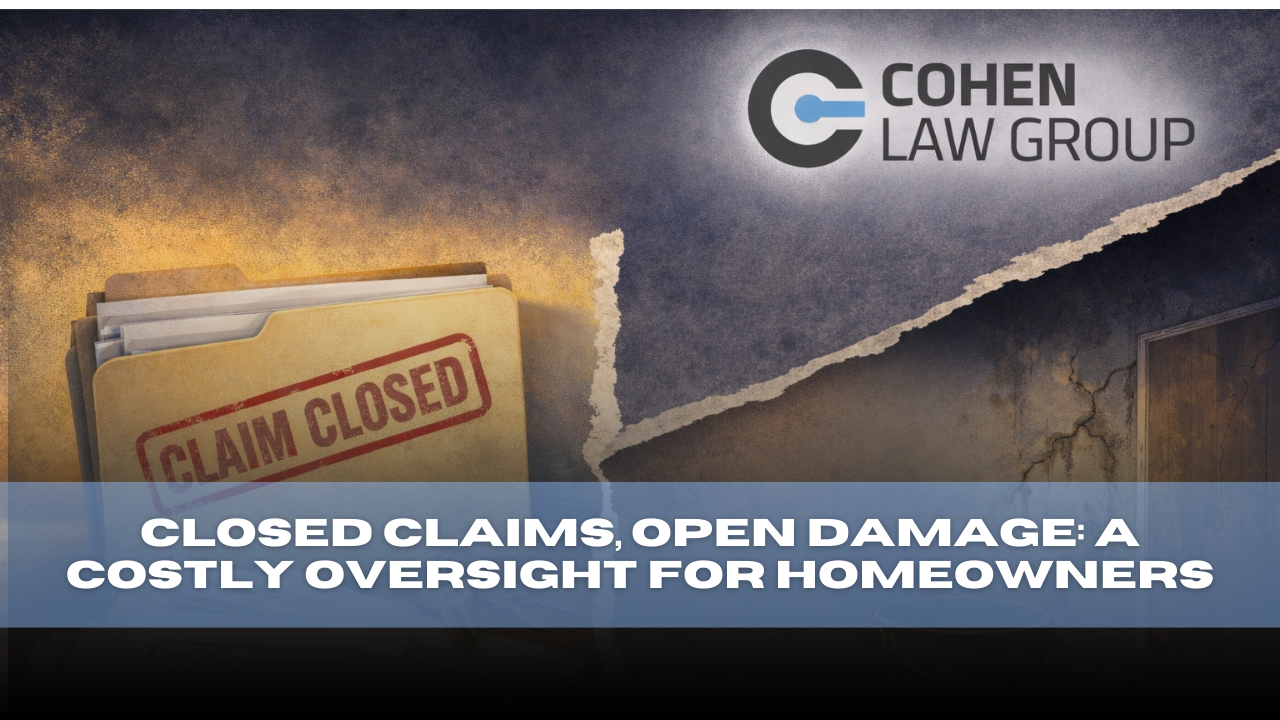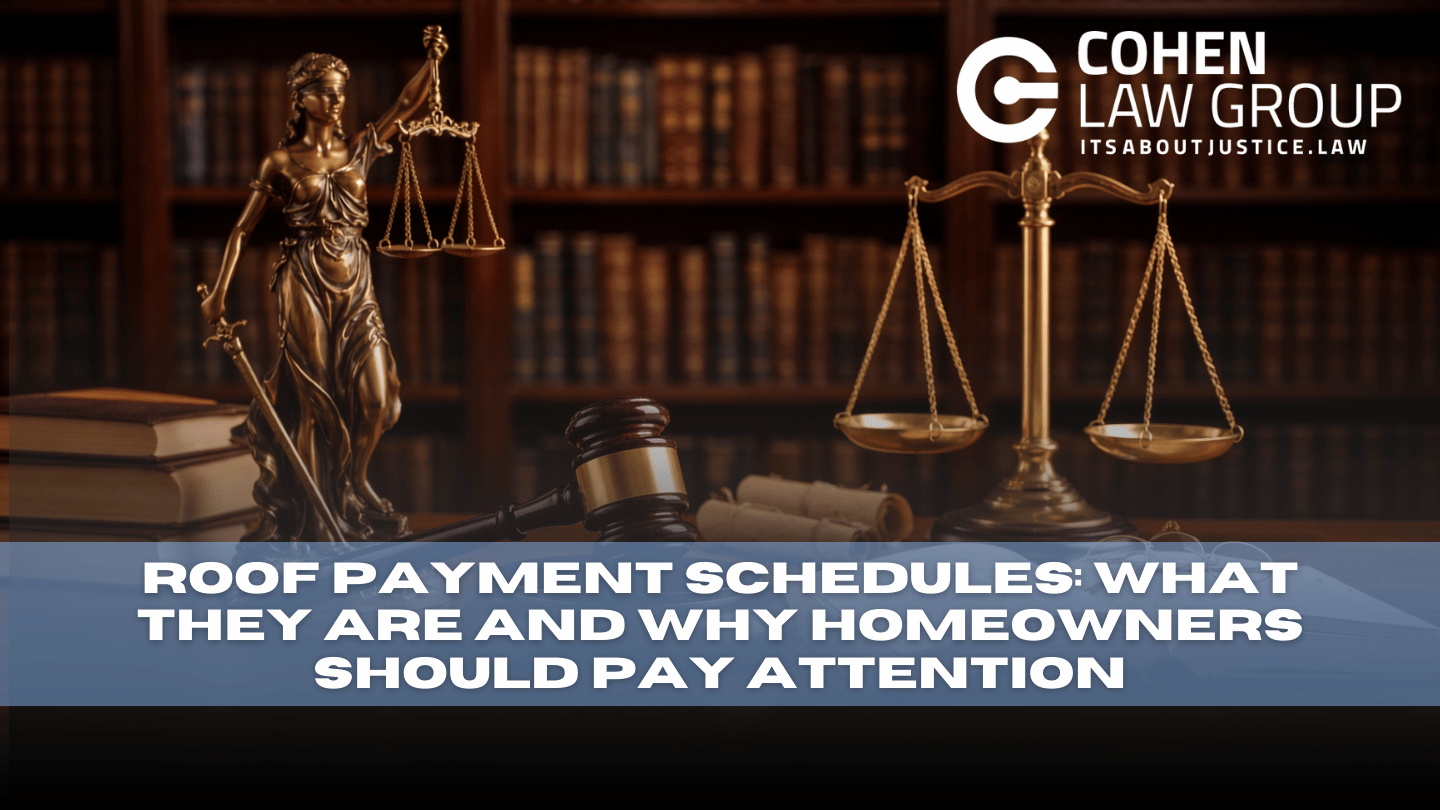Let’s Talk Money: Can you Refinance your Home with an Open Homeowner’s Insurance Claim during Covid-19?
Covid-19 has Produced Positives, Believe it or Not
Covid-19 has affected nearly every household across the nation, financially. And, if you are among the many that have been financially affected, you ideally want the elected representatives to resolve the economic climate, like yesterday! Unfortunately, we may not see the light at the end of the tunnel just yet. Fortunately, however, one positive result from covid-19 are that the interest rates have continually remained and still continue to remain historically low. So, with this in mind, you may be considering refinancing your mortgage.
Eligible to Refinance your Home with an Open Insurance Claim? Maybe . . . Let’s Find Out
You have been researching the different refinancing options available to homeowners in Florida. But, you’re unsure whether or not you may be eligible for any of the options since you have an open homeowner’s insurance claim for damages? Well, let’s dive in, shall we.
Whether or not you may qualify depends on two things:
- whether you have already received your insurance claim check; and
- whether your current mortgage company needs to endorse the insurance check.
If your insurance company has already issued you a check, then it’s likely that both you and your mortgage company have to endorse the check (assuming there is a mortgage on your property). Insurance checks are usually made payable jointly to both you and your mortgage company because your mortgage company has a financial interest in your home too and is named on the insurance policy. So because of this, your mortgage company has to sign off on the check as well.
Once you become aware that a check has been issued, do not permit the check(s) to idly sit in your mortgage company’s account because it may delay your ability to refinance. As soon as the funds are issued, actively communicate with your mortgage lender to ensure it signs off on the check.
If your mortgage company is aware of the repairs that your home requires, then it’s likely to release its claim on the funds. Your mortgage company will likely release its claim because it wants to protect its interest in your home by ensuring that you use the insurance payment to make the necessary repairs to bring back your home to its pre-loss condition.
If your mortgage company is not aware of the repairs that your home requires, however, and fails to endorse the check and holds onto to it instead, then you can simply remedy the scenario by providing your mortgage company with a copy of the repair estimate or any other associated documents, such as invoices or contract agreements. Remember, your mortgage company has a financial interest in your home too, so it has steps in place to safeguard its interest, and holding onto your check until you can provide documentation of the repairs your home requires is usual business protocol. Mortgage companies usually just want to ensure that homeowners are actively attempting to repair their home.
Once the check(s) is endorsed by all listed parties, then you should be able to refinance your home without any hurdles. All that a new lender may require is proof of obtaining enough insurance coverage protection for the new loan amount to protect its interests. Commonly, lenders require homeowners to be insured for 100% of the property’s replacement cost, but coverage requirements vary per lender.
Now, if you’re still in the midst of going back and forth with your insurance company for the damages covered, then you may just have to wait a little longer until the dispute is resolved, the check(s) is issued, and the repairs are completed.
Hold off on Refinancing your Home until your Home has Accrued Enough Equity
It is important to note, there are a few mortgage companies that will permit you to refinance your home even with your current property damages. These lenders will most likely make a loan offer pursuant to the appraisal of your home as-is. However, all things considered, since majority of lenders require an appraisal, and an appraisal directly affects the mortgage loan amount you may get, then I would hold off on refinancing your home for the reason being that your home may be appraised too low, which would ultimately disqualify you from being eligible to refinance. In other words, due to the damages on your property, your home may not have enough value for a refinance.
Additionally, since the appraisal cost is shifted to the consumer, you risk losing $300.00+ for the appraisal. So, if your home does have damages, it is probably best to refinance when your home is brought back to its pre-loss condition. Again, each individual scenario is different, but I would strongly suggest holding off applying for a refinance loan until you’re sure that your home contains enough equity.
Now that you’re familiar with the process of above, and you’re close to finishing up your insurance claim, you’re about ready to negotiate an APR with a lender—good luck!
COHEN LAW GROUP
DISCLAIMER: This website is for informational purposes only and does not provide legal advice. Please do not act or refrain from acting based on anything you read on this site. Using this site or communicating with Cohen Law Group through this site does not form an attorney/client relationship. This site is legal advertising. Please review the full disclaimer for more information by clicking here.








